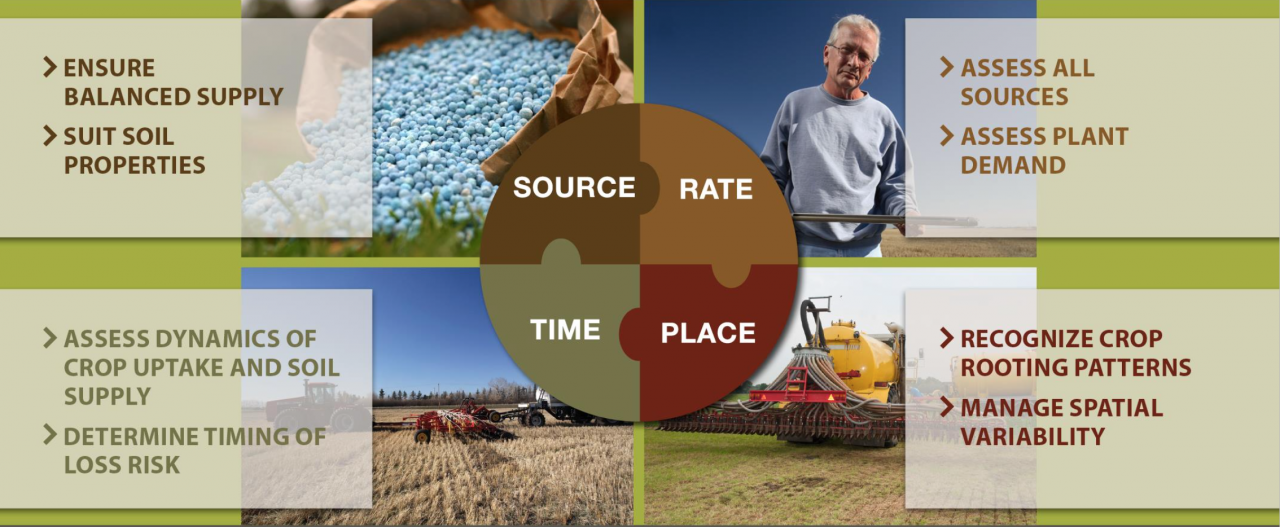ECOSOC at 80: Renewing Multilateralism in an Age of Global Uncertainty
On 23 January, the United Nations Economic and Social Council (ECOSOC) convened a commemorative session…
In 2019, a five-year multi-stakeholder project was launched in three African countries,  Ethiopia, Ghana, and Senegal – to bring together Canadian and international experts to work directly with 80,000 smallholder farmers, engaging both women and men, to share customized tools and best management practices under the 4R Nutrient Stewardship program. The 4R’s of nutrient stewardship mean applying the Right Source of fertilizer using the Right Rate at the Right Time of year and in the Right Place. On March 4, 2021, a virtual event was organised to discuss the economic, environmental and social benefits of proper nutrient stewardship, with a focus on the benefits for women farmers.
Ethiopia, Ghana, and Senegal – to bring together Canadian and international experts to work directly with 80,000 smallholder farmers, engaging both women and men, to share customized tools and best management practices under the 4R Nutrient Stewardship program. The 4R’s of nutrient stewardship mean applying the Right Source of fertilizer using the Right Rate at the Right Time of year and in the Right Place. On March 4, 2021, a virtual event was organised to discuss the economic, environmental and social benefits of proper nutrient stewardship, with a focus on the benefits for women farmers.
The 4R Solution, supported by Canada’s fertilizer industry, is a science-based fertilizer management program that improve yields and profitability while increasing environmental sustainability. It is used extensively by Canadian farmers that can be equally adopted by smallholder farmers around the world.
This project was developed by an innovative partnership that combines Global Affairs Canada funding and the Co-operative Development Foundation of Canada’s (CDF Canada) expertise in co-operative enterprise development and gender equality with the technical expertise of Canada’s fertilizer industry through Fertilizer Canada and the International Plant Nutrition Institute (IPNI). Through the project, smallholder farmers, working through their own existing co-operatives are being trained and supported to grow more, nutritious, and marketable crops, benefiting from better agricultural practices. In the face of COVID-19 the project has increased its work to support food security.
This event was graced with speakers such as H.E. Alexandra Bugailiskis, the Ambassador of the Permanent Mission of Canada to the Food and Agriculture Agencies of the UN, Ambassador Eudora Hilda Quartey Koranteng, the Ambassador of the Permanent Mission of Ghana to the Food and Agriculture Agencies of the UN, and Mr Clyde Graham, Executive Director of Fertilizer Canada. Speakers presented reports on the project from Ghana and Ethiopia which demonstrated that the initiative in Ethiopia could grow the global standard for farmer engagement by putting women first and advancing stewardship. In Ethiopia, the project has witnessed increased women representation in leadership positions (46% women leaders in cooperatives and saccos) since its inception. In Ghana, over 500 farmers are reportedly anticipating the adoption of the 4R principles in the coming season due to the success of previous years.
Speakers presented reports on the project from Ghana and Ethiopia which demonstrated that the initiative in Ethiopia could grow the global standard for farmer engagement by putting women first and advancing stewardship. In Ethiopia, the project has witnessed increased women representation in leadership positions (46% women leaders in cooperatives and saccos) since its inception. In Ghana, over 500 farmers are reportedly anticipating the adoption of the 4R principles in the coming season due to the success of previous years.
The principles underpinning the 4R Nutrient Stewardship framework can be applied in any geographical location and farming system. It is important to adapt these principles to the national and local context, with the crops of relevance. There remains great potential to further the uptake of this programme all over Africa to promote soil health and food security on the continent.